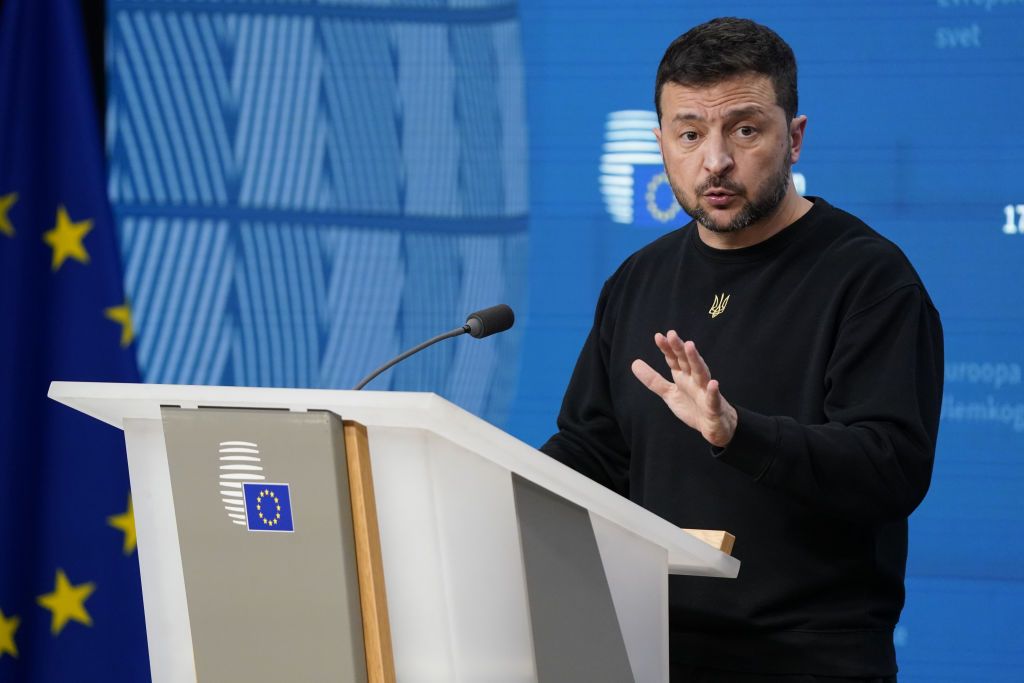President Zelensky of Ukraine recently spoke out about the need for his country to be a part of NATO or to pursue nuclear capabilities for protection. He mentioned this in a meeting with President Trump, stating that without NATO membership, Ukraine may consider developing its own nuclear weapons. Zelensky emphasized the importance of security guarantees, referring to the 1994 Budapest Memorandum in which Ukraine agreed to give up its nuclear arsenal in exchange for protection from Russia, the U.S., and the U.K. He highlighted the disparity in outcomes, with Ukraine losing its nuclear shield while other countries with nuclear weapons have avoided full-scale wars.
Zelensky’s comments come amidst heightened tensions in the region, with reports of North Korean officers in the occupied territories of Ukraine preparing for potential conflict. This has raised concerns about the possibility of North Korean involvement in a war with Russia. Zelensky’s emphasis on the need for alliances and security measures reflects the ongoing challenges faced by Ukraine in the midst of geopolitical tensions. The mention of potential nuclear capabilities also underscores the gravity of the situation and Ukraine’s determination to protect itself in the face of threats.
The President’s remarks were made during a presentation of his victory plan to EU leaders in Brussels. Zelensky reiterated his commitment to choosing NATO membership over developing nuclear weapons, emphasizing the importance of being part of a strong alliance for security and protection. He expressed gratitude for President Trump’s understanding of Ukraine’s position and the need for support, indicating a willingness to work towards a peaceful resolution through diplomatic means. The mention of the Budapest Memorandum served as a reminder of Ukraine’s past agreements and the implications for its security.
Zelensky’s statements have drawn attention to the complexities of Ukraine’s security situation and its efforts to navigate regional tensions. The potential involvement of North Korean officers in the conflict adds another layer of concern to an already volatile situation. The President’s emphasis on the importance of belonging to a strong alliance like NATO highlights the strategic importance of partnerships in maintaining stability and security. As Ukraine continues to navigate these challenges, the international community will be closely watching developments and supporting efforts towards peaceful resolutions.
Overall, President Zelensky’s comments underscore the challenges faced by Ukraine in navigating the complex geopolitical landscape of the region. The mention of nuclear capabilities and the Budapest Memorandum serve as reminders of the country’s past agreements and its current security concerns. By highlighting the need for alliances and support from countries like the U.S., Zelensky is signaling a commitment to finding peaceful solutions to the ongoing tensions. The presence of North Korean officers in the region adds a new dimension to the situation, raising concerns about potential escalations. As Ukraine continues to advocate for its security and stability, diplomatic efforts will be crucial in addressing these challenges and ensuring a peaceful resolution.














